New Delhi, Sept 20: "Main sharminda hoon," is what Chinmayanand told the Special Investigation Team during investigations.
Naveen Arora, who has been heading the SIT team, told reporters that during the course of investigation that as they unraveled the case, Chinmayanand admitted to his actions and said, "Mujhse aur kuchh mat puchhiye".
The SIT has not charged Chinmayanand with rape.
"He has admitted to almost every allegation leveled against him, including sexual conversations and body massage. The circumstantial evidence in the case also being examined. He said he did not want to say more as he is ashamed of his acts," said the SIT chief.
The SIT chief, surprisingly, said that they had taken all precautions about the health of Chinmayanand before arresting him.
According to Arora, the SIT managed to look at Chinmayanand's call records and found that he had called the survivor more than 200 times on her mobile
The police have booked Chinmayanand under Sections 376c (intercourse by a person of authority), 354 D (stalking), 342 (punishment for wrongful confinement) and 506 (punishment for criminal intimidation) of the Indian Penal Code.
Further, three associates of the girl have also been booked under Sections 385, 506 and 201 of IPC and Section 67 of the IT Act for blackmailing the BJP leader for extorting Rs 5 crore from him. The three have also been sent to jail.
The BJP leader, who has been accused of stalking, wrongful confinement and intimidation, was taken into custody by the SIT of UP Police from his residence 'Divya Dham' here in the morning. The BJP leader was taken to the court following a medical examination.
The law student, who is enrolled in a postgraduate course at one of the colleges run by Chinmayanand's organisation, had levelled allegations of rape and physically exploitation against the former Union minister. She claimed that the ordeal went on for a year.
The UP Police had set up an SIT to probe the case, on the directions of the Supreme Court.







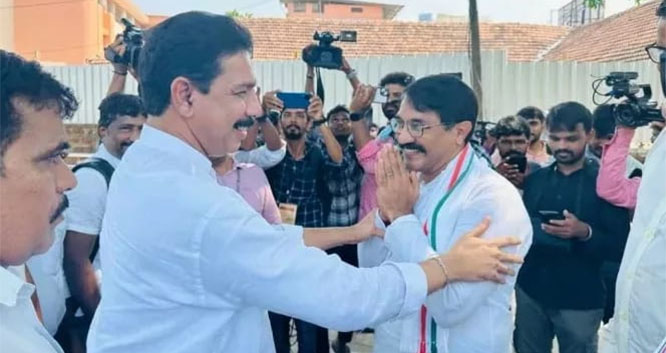
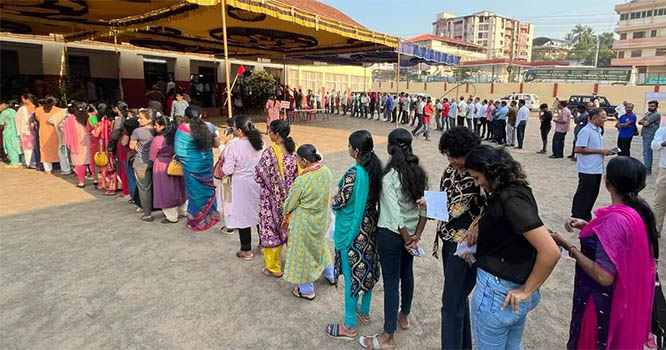
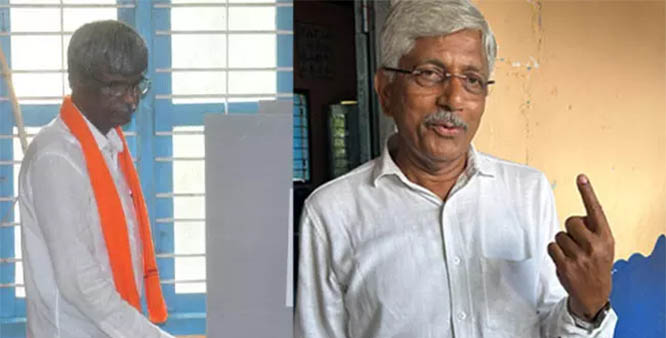
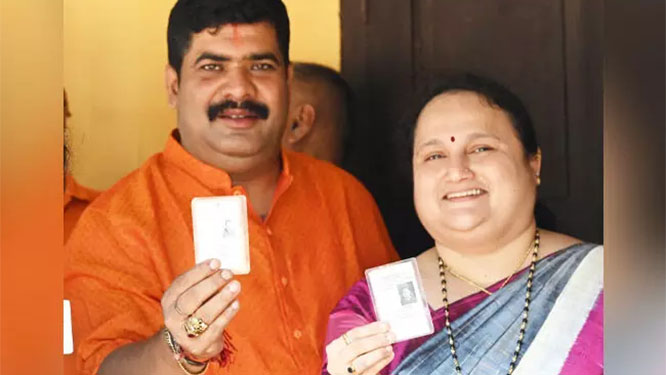
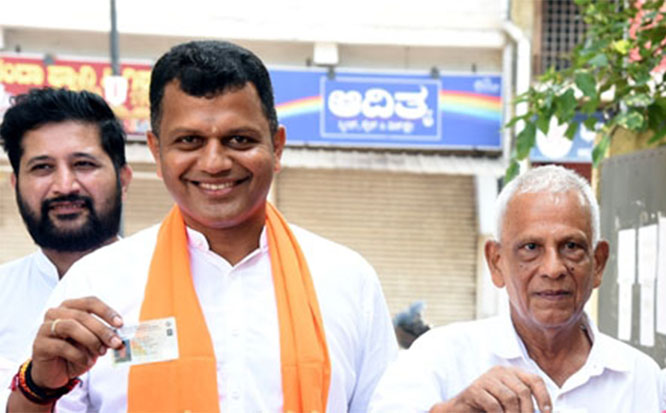
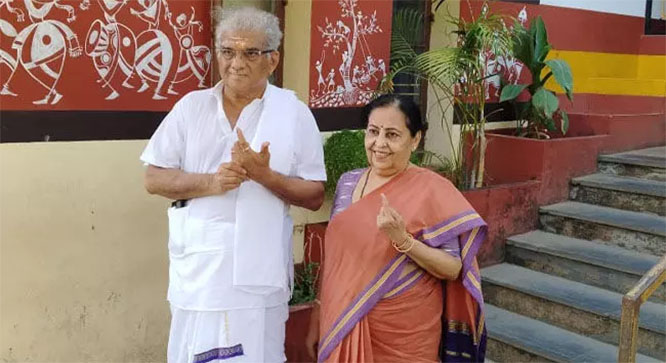
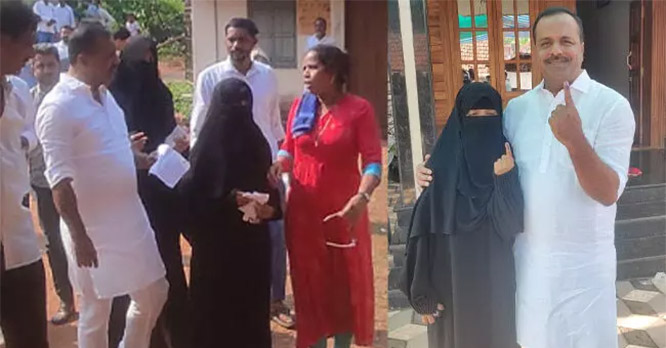
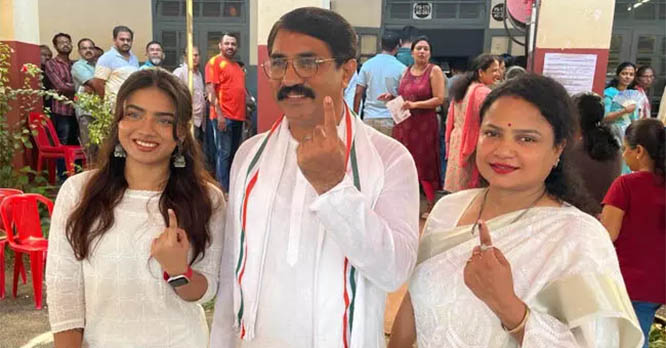
Comments
the people who put orange dress and run ashrama are not saint....protect you daughter my dear hindu brothers...the day is not far they come to your home....lets unite and fight againt BJP the evil party or india..
Add new comment